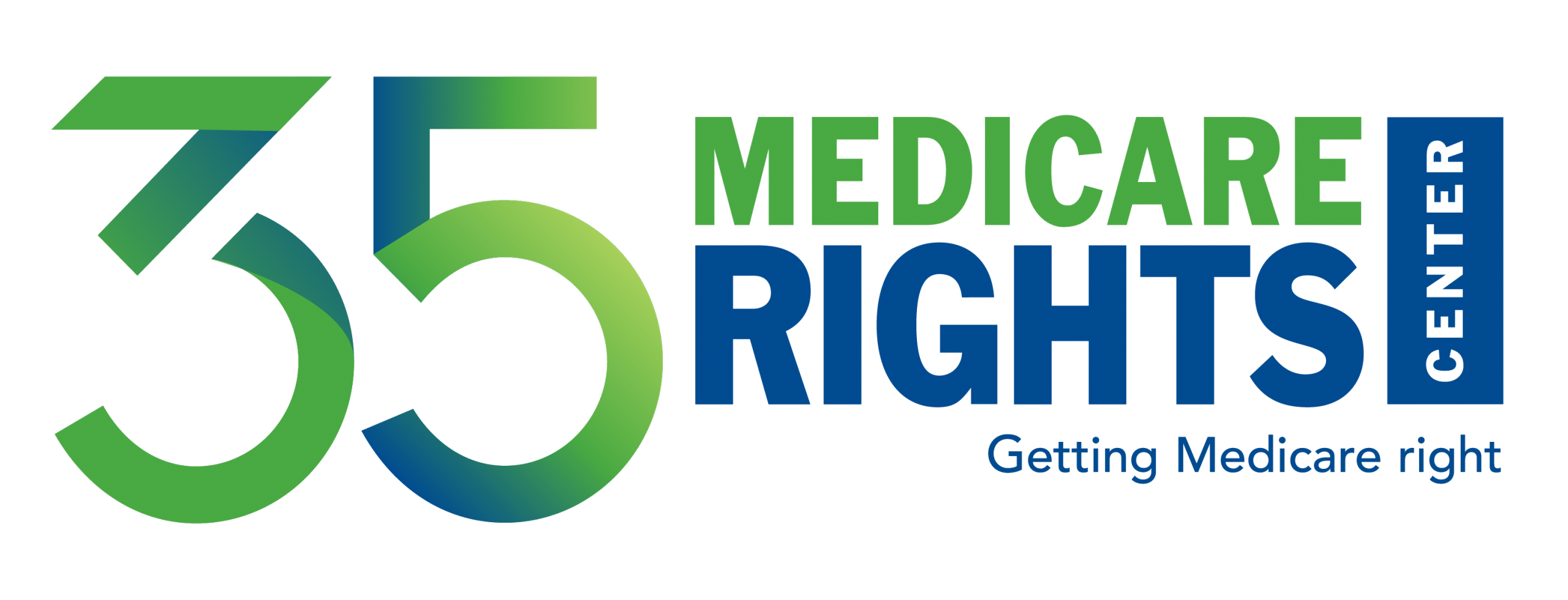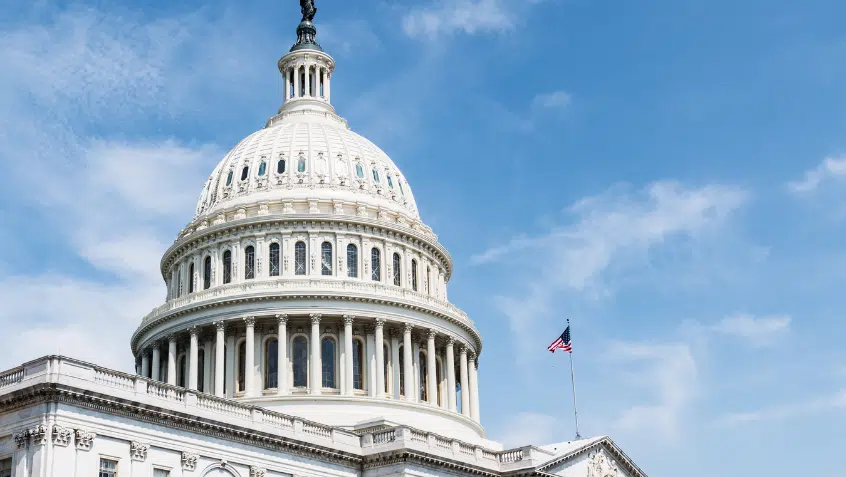
The Centers for Medicare & Medicaid Services (CMS) recently announced changes to its Accountable Care Organization (ACO) model portfolio that are intended to advance the agency’s goal “of creating a health system that achieves equitable outcomes through high quality, affordable, person-centered care.”
The updates include transitioning the current Global and Professional Direct Contracting (GPDC) Model to a new platform, the ACO Realizing Equity, Access, and Community Health (REACH) Model, and cancelling the Geographic Direct Contracting (Geo) Model, which has been on hold since March 2021.
The ACO REACH Model will launch on January 1, 2023, with a focus on improving quality of care and care coordination for people with Traditional Medicare, especially in underserved communities. The GPDC Model will continue until then, with enhanced monitoring, oversight, and transparency.
According to CMS, the redesign is an effort to “better reflect the priorities of the Biden-Harris Administration, to highlight changes due to feedback received from participants and stakeholders, and to affirm our commitment to health equity as central to improving the quality of care for all beneficiaries.”
REACH ACOs will be required to meet certain benchmarks and equity goals to participate in the model. There will still be two risk-sharing arrangements: (1) The Professional Option, which will have 50% shared savings/losses and (2) The full-risk Global Option, which will have 100% risk. It will also still allow for three different participant types: (1) Standard ACOs, organizations with substantial experience serving people with Traditional Medicare; (2) New Entrant ACOs, organizations with less experience; and (3) High Needs Population ACOs, organizations that serve small populations with complex health care needs.
Importantly, CMS reiterates that the ACO REACH model is still Traditional Medicare. Like previous ACO models, ACO REACH will prohibit limited networks, prior authorization, and any other means of restricting care. Aligned beneficiaries will retain their rights, coverage, and benefits, including the freedom to see any Medicare-enrolled provider.
The agency encourages beneficiaries and their caregivers to reach out directly with any concerns about the ACO REACH Model. The Innovation Center has a model liaison that is part of the Medicare Beneficiary Ombudsman team in the Offices of Hearings and Inquiries. The model liaison can be reached thru 1-800-MEDICARE and will assist in facilitating communications with the Medicare Quality Improvement Organizations (QIOs), the CMS regional offices, and the ACO REACH Model team to ensure the beneficiary’s concerns are heard.
Medicare Rights appreciates the agency’s efforts to improve the GPDC Model. We look forward to learning more about its next phase, the ACO REACH initiative, and applaud the agency’s focus on reducing health disparities and strengthening beneficiary protections. We strongly support the decision to officially end the Geo model; we previously expressed serious concerns with this model and applaud its immediate cancellation.
The Latest
Most Read
Incremental Expansion of Dental Coverage in Medicare Continues Under Biden Administration
2025: A Year of Old Threats and New Opportunities
Medicare Rights Urges Congress to Strengthen Medicare and Medicaid in Year-End Legislation
New Legislation Will Improve Medicare Access and Affordability for Low-Income New Yorkers
Add Medicare to Your Inbox
Sign up to receive Medicare news, policy developments, and other useful updates from the Medicare Rights.
View this profile on InstagramMedicare Rights Center (@medicarerights) • Instagram photos and videos










